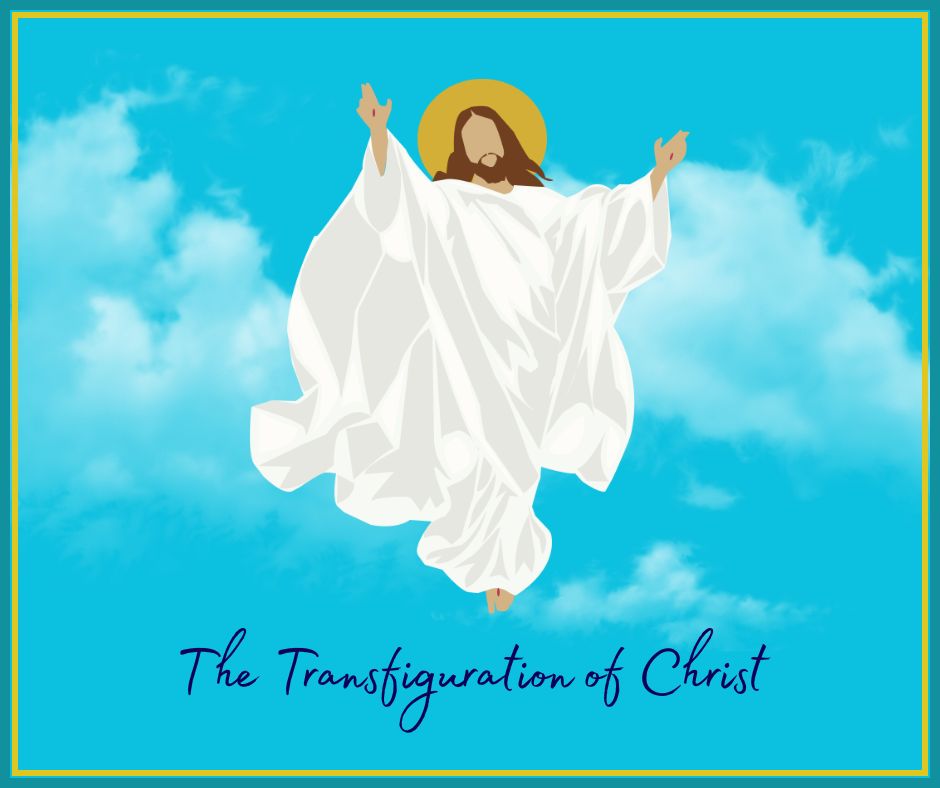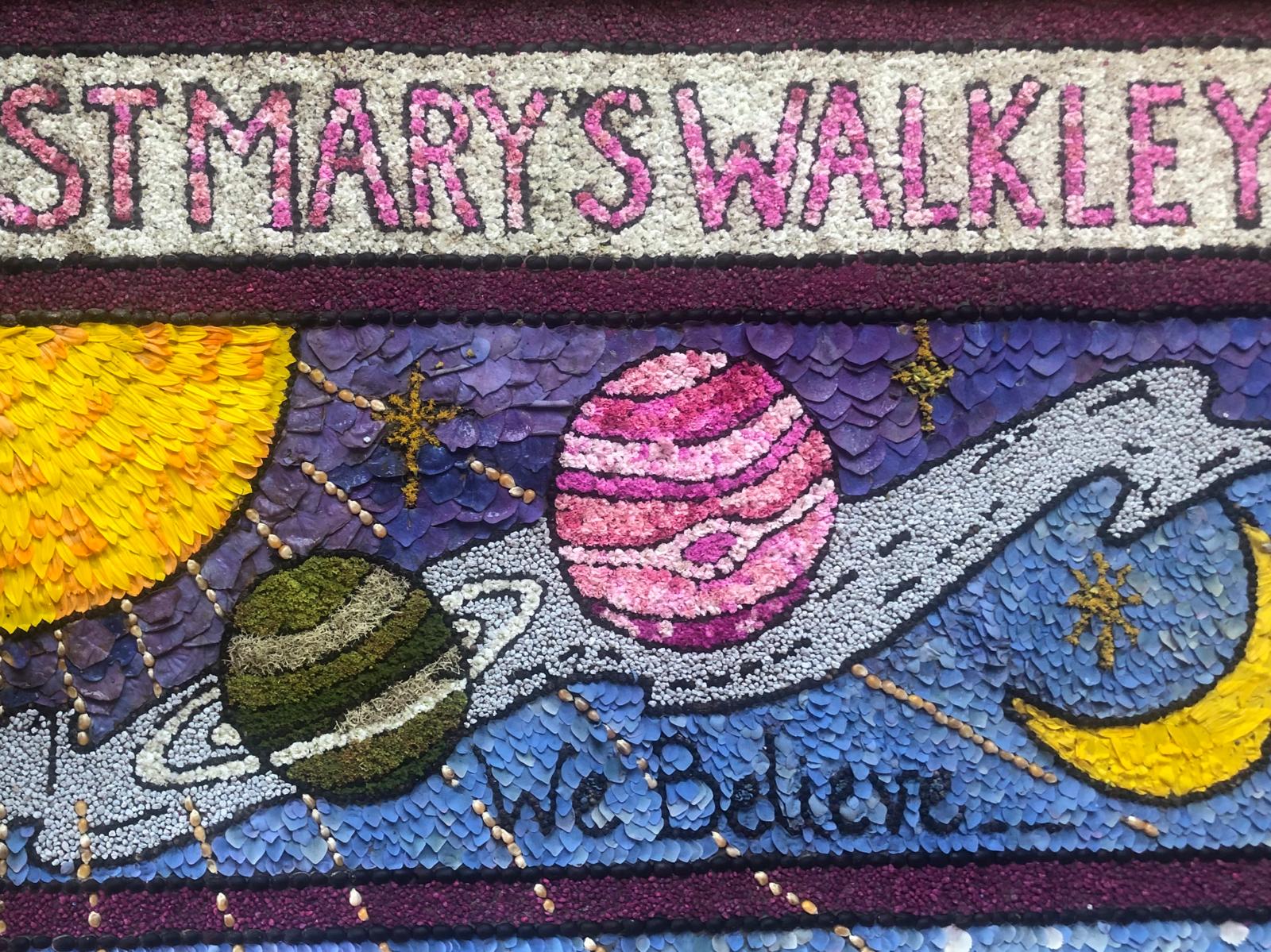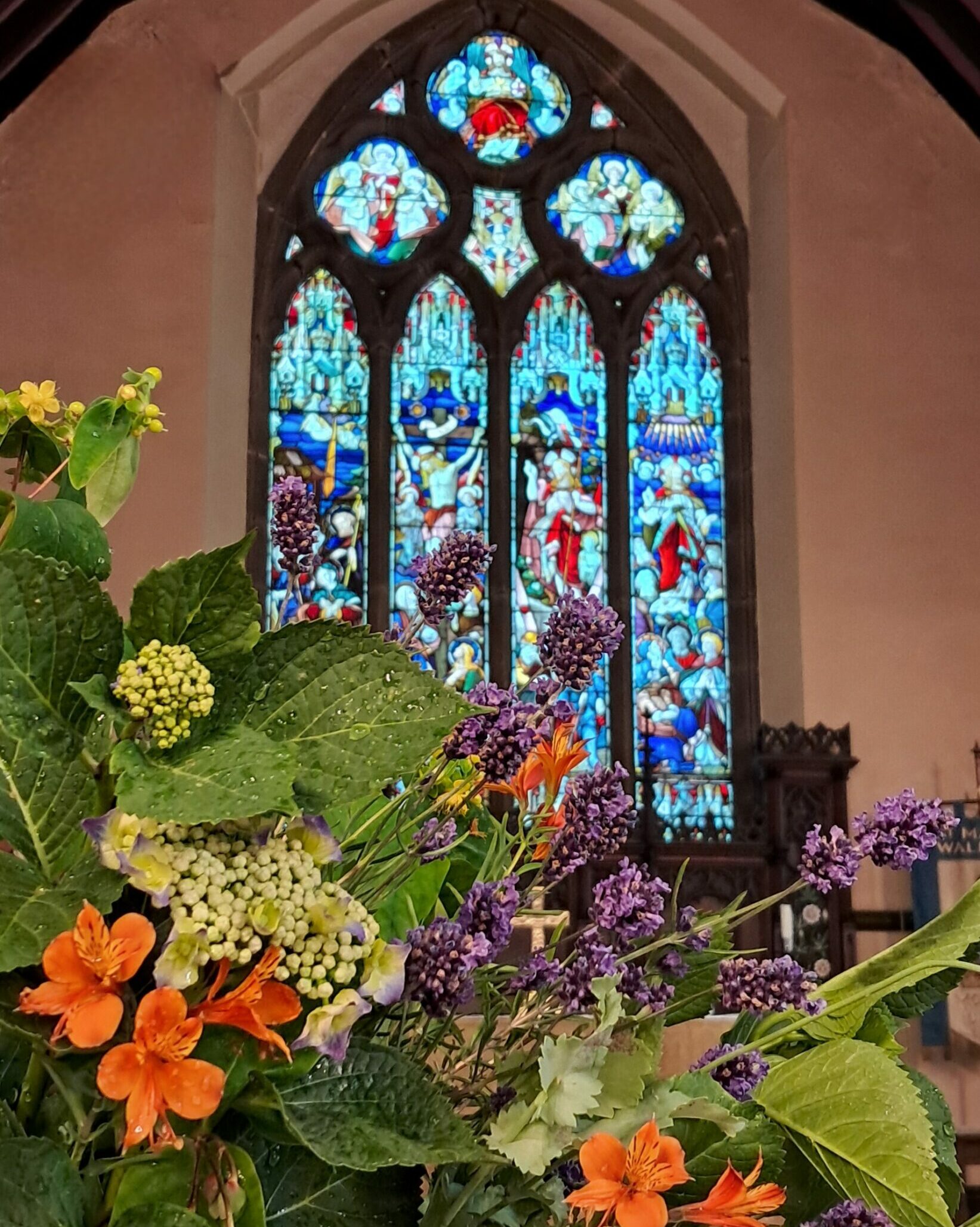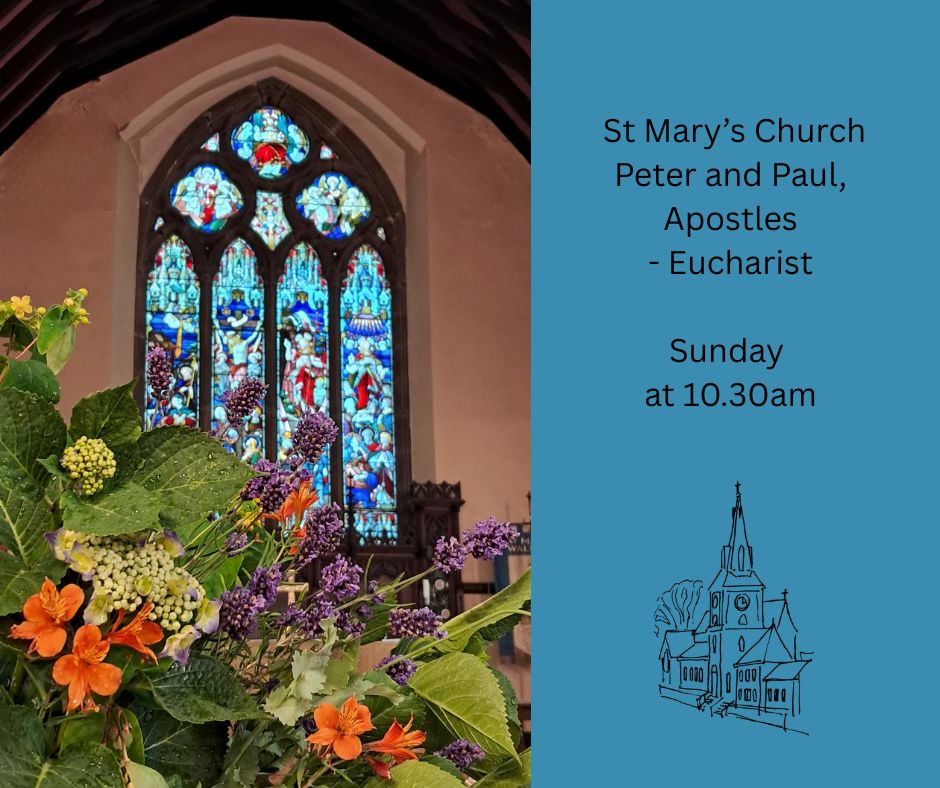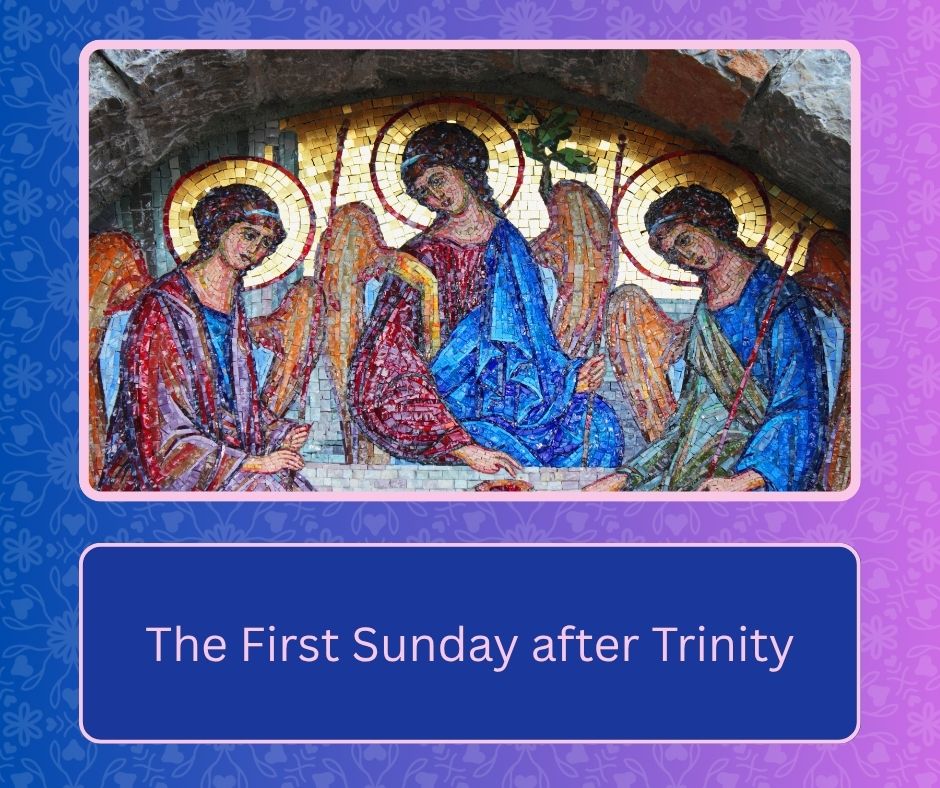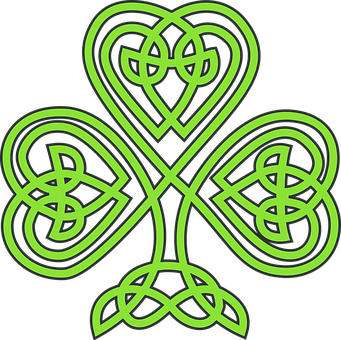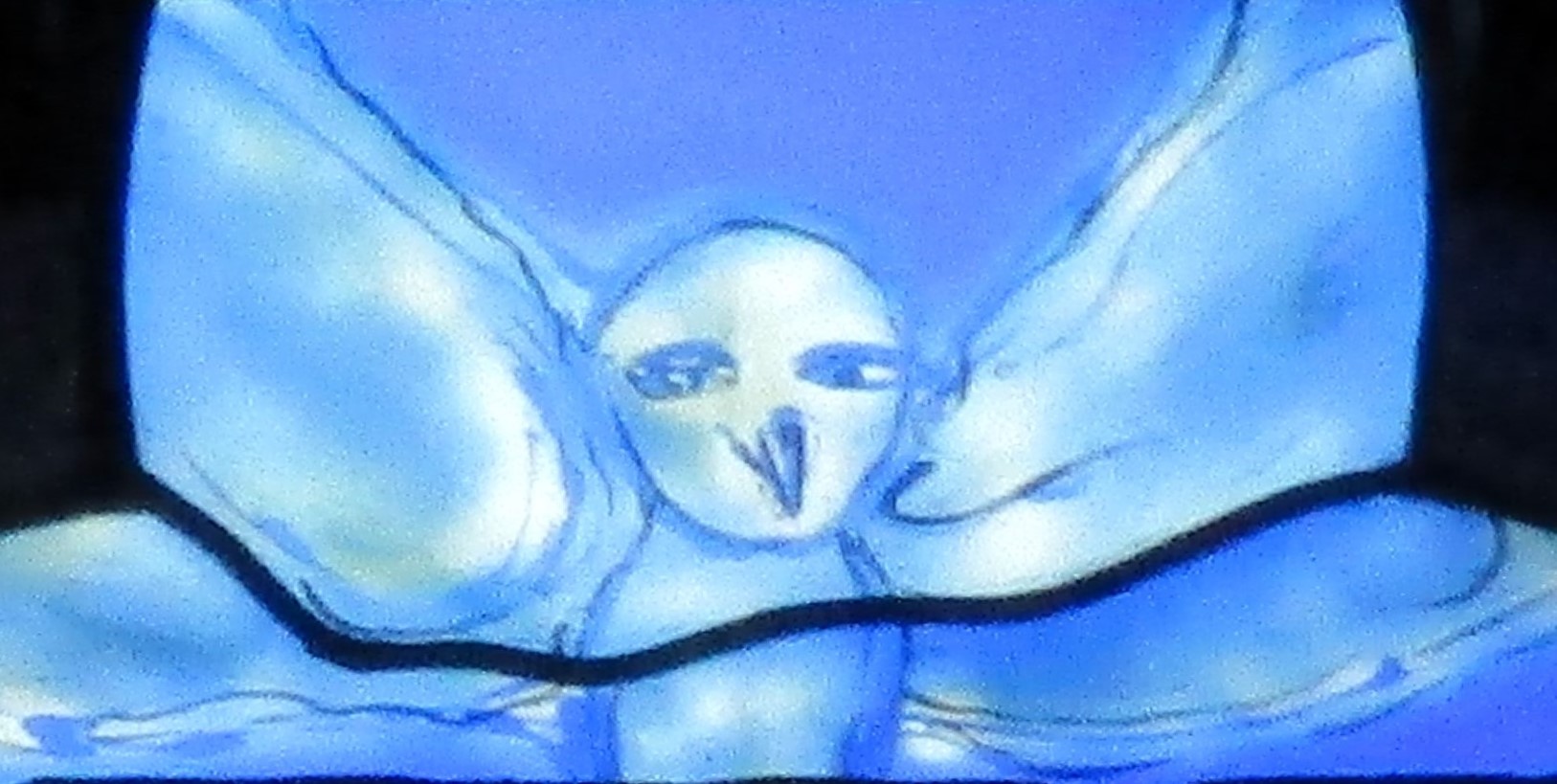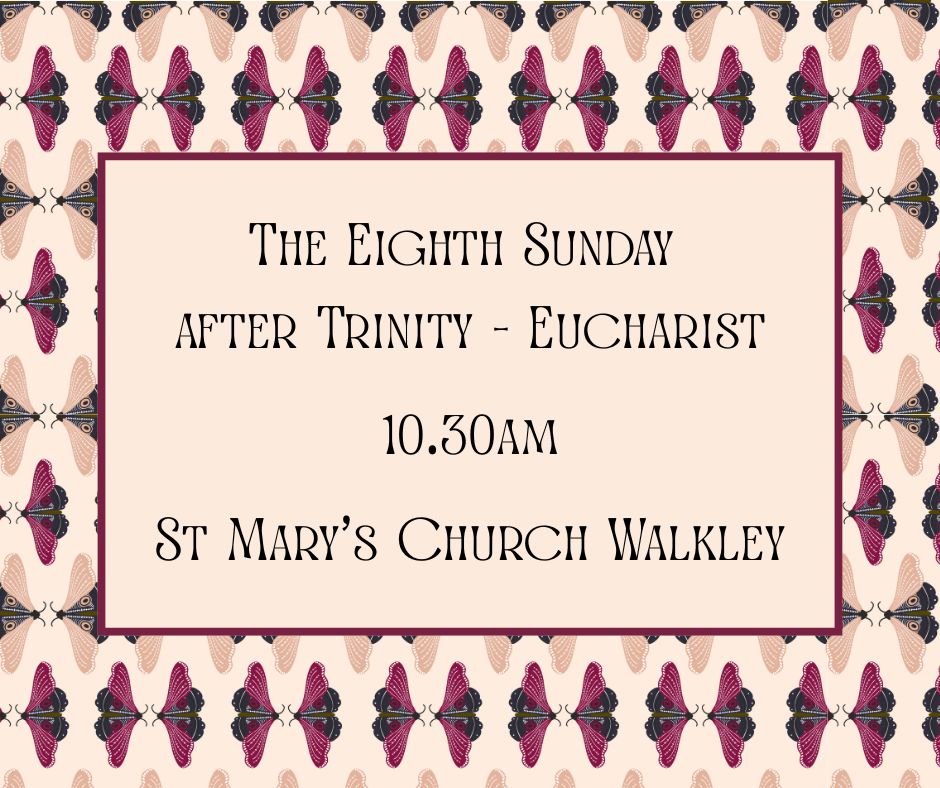
Watch this week's service on YouTube
Download the order of service here - 25 08 10 8th Sunday after Trinity
Read this week's Church News
The Readings.
Genesis 15.1-6
After these things the word of the Lord came to Abram in a vision, "Do not be afraid, Abram, I am your shield; your reward shall be very great." But Abram said, "O Lord God, what will you give me, for I continue childless, and the heir of my house is Eliezer of Damascus?" And Abram said, "You have given me no offspring, and so a slave born in my house is to be my heir." But the word of the Lord came to him, "This man shall not be your heir; no one but your very own issue shall be your heir." He brought him outside and said, "Look toward heaven and count the stars, if you are able to count them." Then he said to him, "So shall your descendants be." And he believed the Lord; and the Lord reckoned it to him as righteousness.
Luke 12.32-40
Jesus said, "Do not be afraid, little flock, for it is your Father's good pleasure to give you the kingdom. Sell your possessions, and give alms. Make purses for yourselves that do not wear out, an unfailing treasure in heaven, where no thief comes near and no moth destroys. For where your treasure is, there your heart will be also. "Be dressed for action and have your lamps lit; be like those who are waiting for their master to return from the wedding banquet, so that they may open the door for him as soon as he comes and knocks. Blessed are those slaves whom the master finds alert when he comes; truly I tell you, he will fasten his belt and have them sit down to eat, and he will come and serve them. If he comes during the middle of the night, or near dawn, and finds them so, blessed are those slaves. "But know this: if the owner of the house had known at what hour the thief was coming, he would not have let his house be broken into. You also must be ready, for the Son of Man is coming at an unexpected hour."
The Sermon
Prepared by Joe, Reader at St Mary's.
In the name of the Father, and of the Son, and of the Holy Spirit.
Amen.
I keep a dream journal. As the prophet Joel says, “Your old men will
dream dreams”, and whilst I’m not old I certainly dream! A relatively
common one I have is that I look up at a night sky that is
overwhelming in it’s beauty, stuffed with stars that you would never
see at night. When I wake up, this dream leaves me a little sad,
because I’m also an amateur astronomer.
I was reminded of this dream with today’s reading from Genesis. I
thought of Abram (before he became Abraham), standing under just
such a star-strewn sky. God says to him: “Look up toward heaven and
count the stars… so shall your descendants be.” At this point, the
astronomer in me kicks in with a reminder that with good eyesight
and a dark sky in the desert you’d probably expect to see maybe
3,000 stars, if that.
It’s a beautiful promise from God, but poignant – almost hurtful - in
the moment. Abram is elderly, childless, married to a woman of
similar age, and by every earthly measure, unlikely to become the
father of nations.
But, “he believed the Lord; and the Lord reckoned it to him as
righteousness.”
It’s one of the foundational moments of our faith—not because
Abram achieved something extraordinary, but because he trusted in
something beyond what he could see.
Fast-forward to our Gospel reading from Luke, and again, we hear
this invitation to trust. Jesus says “Do not be afraid, little flock, for it
is your Father’s good pleasure to give you the Kingdom.”
There’s something tender about that phrase ‘little flock’. It
acknowledges our vulnerability. We’re just a small band of sheep
trying to make our way. But, Jesus, our shepherd, says, “don’t be
afraid”.
Because the Kingdom isn’t something we earn. It’s something given
to us by the same generous God who made Abram the father of a
whole people.
Both Abram and the disciples are being called to live by trusting in
something that they can’t see or explicitly prove. They’re invited to
trust the promise, even when the present feels uncertain.
That is the Biblical definition of faith.
The reality confronting Abram and the disciples was indeed
uncertain.
Abram is old and has no child. The disciples live under Roman
occupation, barely surviving, risking all to follow an itinerant Rabbi
with some unorthodox beliefs.
We, too, face our own uncertainties—personal ones, like illness,
aging or doubt, and global ones such as climate change, conflict, war
and genocide.
And into that, God says: “Fear not.”
Now – God is not going to work some magic that immediately gives
us all the answers. Not because the path will be easy—but because
God walks it with us. Faith, as shown in both readings, isn’t about
having all the answers. It’s about saying “yes” to God even when the
outcome isn’t visible. Abram believed—and it was enough. Abram’s
trust - imperfect, questioning, but genuine - was enough for the Lord
to reckon him righteous.
One of the most striking things about both texts is this: God is the
one who moves first. In Genesis, God makes the promise. In Luke, it
is the Father’s pleasure to give us the Kingdom.
We sometimes believe - especially when we’re personally or
collectively ‘under the cosh’, so to say - that God’s blessings are
scarce, or that we must somehow do something that qualifies us as
being worthy of His intervention. But here we are reminded that
God delights in giving. He’s a generous God. He’s not reluctant,
doesn’t need convincing. We Christians are in the enviable position
of being asked to accept a gift already offered.
And the Kingdom Jesus speaks of isn’t some far-off future reality. It's
breaking into the world even now—through love, justice, grace, and
community. And we are invited to participate in it, not fearfully, but
joyfully.
Jesus speaks of servants waiting for their master - not in fear or
anxiety, but with watchfulness. Not wringing their hands, but
keeping the lamps lit, and being prepared! I’m reminded of a little
rule of thumb I use to help me deal with anxiety about situations. I
ask myself – have I done everything I can reasonably do at this time
to help me deal with this problem? If the answer is ‘Yes’, that’s it;
I’m ready – or as ready as I will ever be. If the answer is ‘No’ or
‘Maybe’, I will look to see what else I can do to prepare, rather than
sit and worry.
There’s a difference between anxious waiting and hopeful readiness.
One is exhausting, we feel powerless, we’re scared; the other is
energising, we’ve done what we can, so ‘bring it on’.
To live in Christian readiness is not to be constantly on edge,
worrying whether we’re “prepared enough.” Rather, it’s to orient
our lives around love, generosity, and trust—so that, whatever
comes, we are already prepared with the right tools. Jesus even
suggests a sort of reversal—that the master will return and actually
serve the servants. It’s a remarkable image of grace. Not only do we
wait for God, but God comes to serve and feed us.
But – and it’s difficult for us - both Abram and Jesus’ disciples are
asked to let go of something. For Abram, it’s his despair, his
calculation of the odds against fatherhood. For the disciples, it’s their
fear—and their attachment to possessions and control.
Jesus says, “Sell your possessions, give alms… make purses that do
not wear out.” That’s not necessarily a command to live in
poverty—but it is a call to loosen our grip. We’re asked to reduce our
dependency on perishables; that which moth and rust consume, and
instead to invest in what endures: compassion, generosity, trust, and
love.
Like Abram, we are invited to believe—even when the promise
seems distant.
It is God’s pleasure to bless, to call, to save, to sustain. Grace is not a
transaction. It is a gift.
We need to keep our lamps lit, not because we fear being caught
out, but because we want to be ready to welcome the Kingdom
whenever and however it manifests.
We shouldn’t let our lives be cluttered by fear, or by the illusion that
more stuff will bring peace. True treasure is found elsewhere.
“Do not be afraid, little flock.”
Words as valid today as 2000 years ago. God sees you. God is near.
And it is His joy to give us the Kingdom.
Amen.
The Prayers
Prepared by Oli.
Common Worship: Times and Seasons, material from which is used here is copyright (c) 2010 The Archbishops' Council


